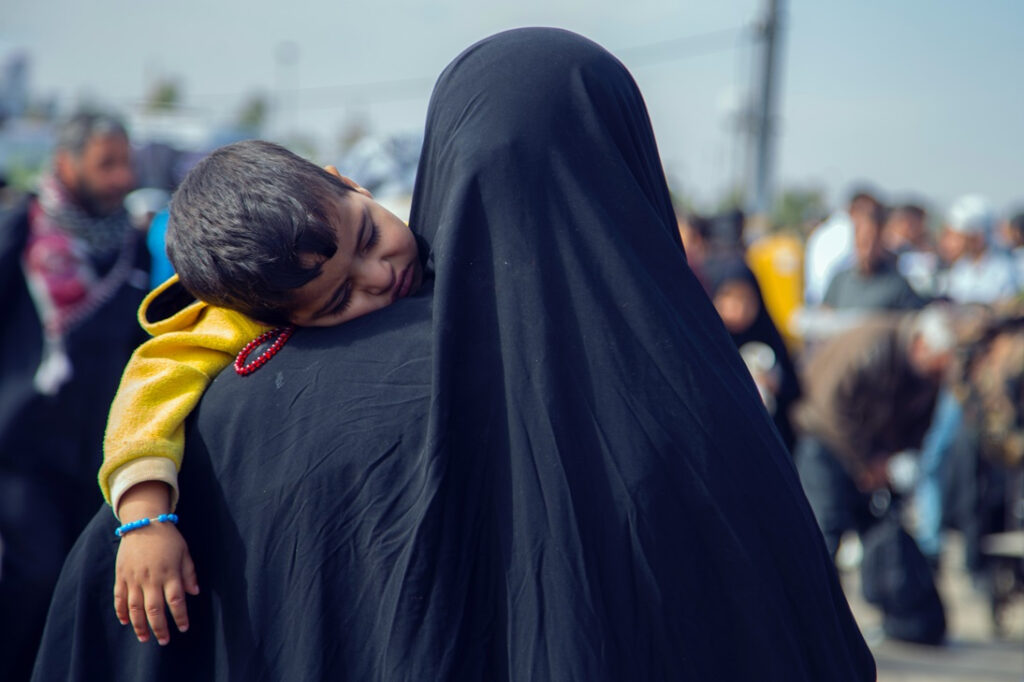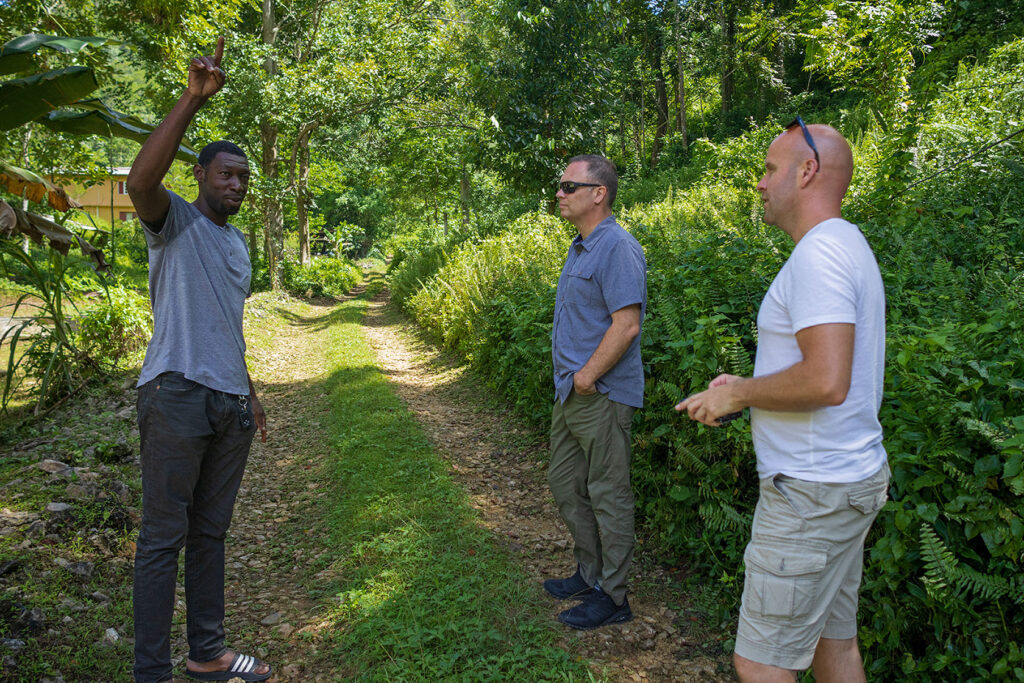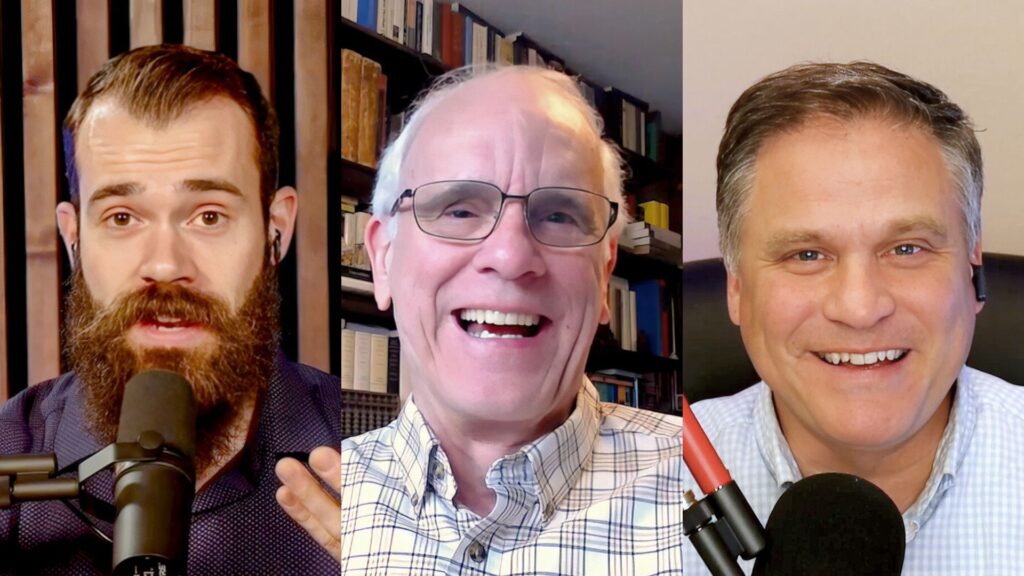“They aren’t content living in the states anymore.”
“They are tired of doing the same old thing.”
“They believe that God wants them to do bigger and better things with their lives.”
Our responses are usually a nicer missionary-esque form of saying, “Hold on there, speedy. Before you go ordering your tickets and planning your goodbye parties, we have some questions:
- “Are you currently serving in your local church or loving your community?
- “Are you a faithful church member?
- “What are you currently doing in the form of discipleship or ministry?
- “What counsel have you been given from your church leadership about this decision?”
Sadly, more often than not, we never hear back.
We ask those questions because it is important for all of us to realize that if we aren’t being faithful in our home context, it will be nearly impossible to commit to ministry in a foreign country.
The trouble is that we are often seeking to fulfill a “secondary calling” in our life while neglecting our primary calling. As Christians, our primary calling is to know and love God. Of course, when we know and love God we are better equipped to love others. There it is. Pretty simple. But it may be too simple for our liking.
We all want to do big things. We aren’t content with the “same old” way of life that our parents had. There is always something bigger and better beckoning us to follow. There are more pictures to be taken. There are more inspirational quotes promising us that “adventure awaits” and that “the world is ours to be discovered.” There is always more potential for fulfillment somewhere else; somewhere new.
This thinking, though perhaps not intrinsically sinful, has crept into our theology and created a new form of Christian legalism, which I have affectionately called “the Radical effect”—that is, simply seeking to find fulfillment with our great actions. This effect can also deceive us into thinking that only “radical” living can please God. What kind of hope does that give us “ordinary” Christians?
It seems that as a culture, we are searching to create big moments for ourselves while missing the millions of small moments in which we are called to be faithful.
Paul Tripp says, “If God doesn’t rule our little moments and doesn’t work to recreate us in the middle of them, then there is no hope for us, because that is where you and I live.”
Almost seven years ago we packed up our family and moved halfway across the world to begin our journey into missions. We live in a bustling African city, speak a foreign language, serve in various ministries, raise goats with Maasai, sometimes eat weird food (sometimes imported mac’n’cheese), and last night our dinner table was filled with the usual 14 as we talked about the elephants and lions coming through our farm and how exactly my husband and one of the interns had killed a large venomous snake the day before. Anyone who took a snapshot of our life would probably say it’s pretty radical. But it really isn’t.
A lot of my life is lived fighting to be obedient in the small mundane moments. I fight for joy and a grateful spirit while doing the laundry, shopping for groceries, or cooking for my family. I fight contentment if I spend too much time on social media. Why do I all of the sudden start caring about the shape of my eyebrows or how to eat for my blood type? And is it just me or are all celebrity women starting to look like the same identical person? (I seriously can’t tell them apart. Is it just me? Okay, moving on.)
I don’t live every day in a crazy and wild African safari adventure. I live with people. It’s messy just like your life. Sometimes it is hard to love others—especially in the hot season (snuggling is impossible for three solid sweltering months each year). Sometimes my win for the day is just speaking to my husband with a kind tone; even bigger win if my evil heart actually means it.
It never feels radical. Sometimes it’s even boring. It doesn’t feel very big. But it’s the life that I have been given. And all of those small mundane moments are making up my existence.
The “boring” makes me ask myself: what if God’s plan for my life is not to do big “radical” things? What if I am being called to be forgotten? What if I am called to be bored, or small, or of little impact in the world—and instead, just faithful?
The sad truth is that a lot of our big plans can be described more as wanderlust than a calling. And when the adventure wears off we are quickly on to the next best thing. Marriages, jobs, churches, friendships, families, and missions are all affected.
We all need to be willing to ask ourselves what our mundane obedience looks like before we ever attempt the big.
Today, radical for me, was taking the time to sit and talk with some lovely people, who had some annoying questions, when all I really wanted to do was read alone in my room and drink the coffee which was getting cold in my kitchen.
Maybe my radical tomorrow will be loving my kids when it’s stupidly hot or listening intently to their little stories when my brain just wants to check out.
Radical is often taking God’s Word at face value and obeying even when it hurts. Radical may be confessing our sins and getting the help and accountability needed. Radical is forgiving when we are hurt. Radical is asking for forgiveness, when it hurts. Radical is commitment, even when we are hurt or offended. Radical is commitment, even when there is something new or someone “better.”
The truth is that the most “radical” thing you and I will probably ever do is simply obey. Who knows where that will take us.
Editor’s Note: This article was originally published on January 3, 2019.




